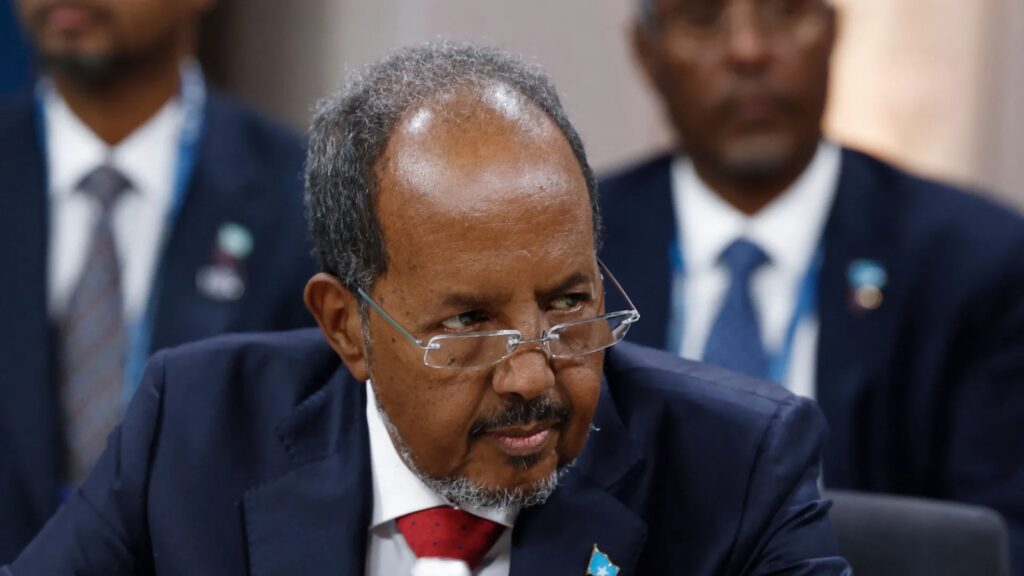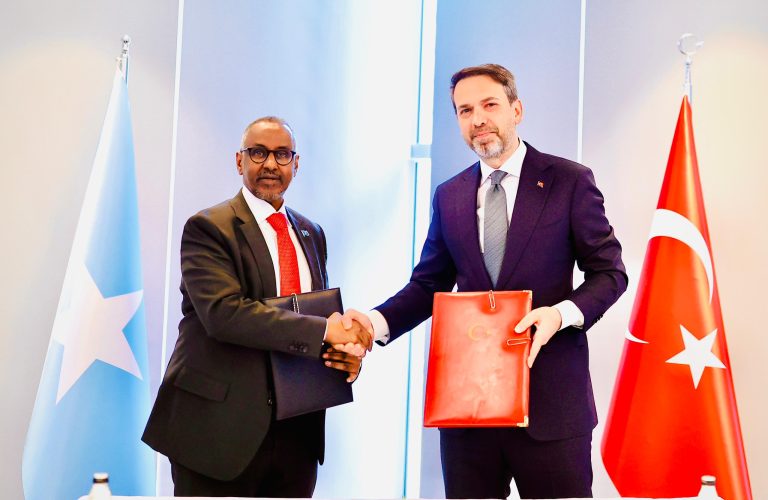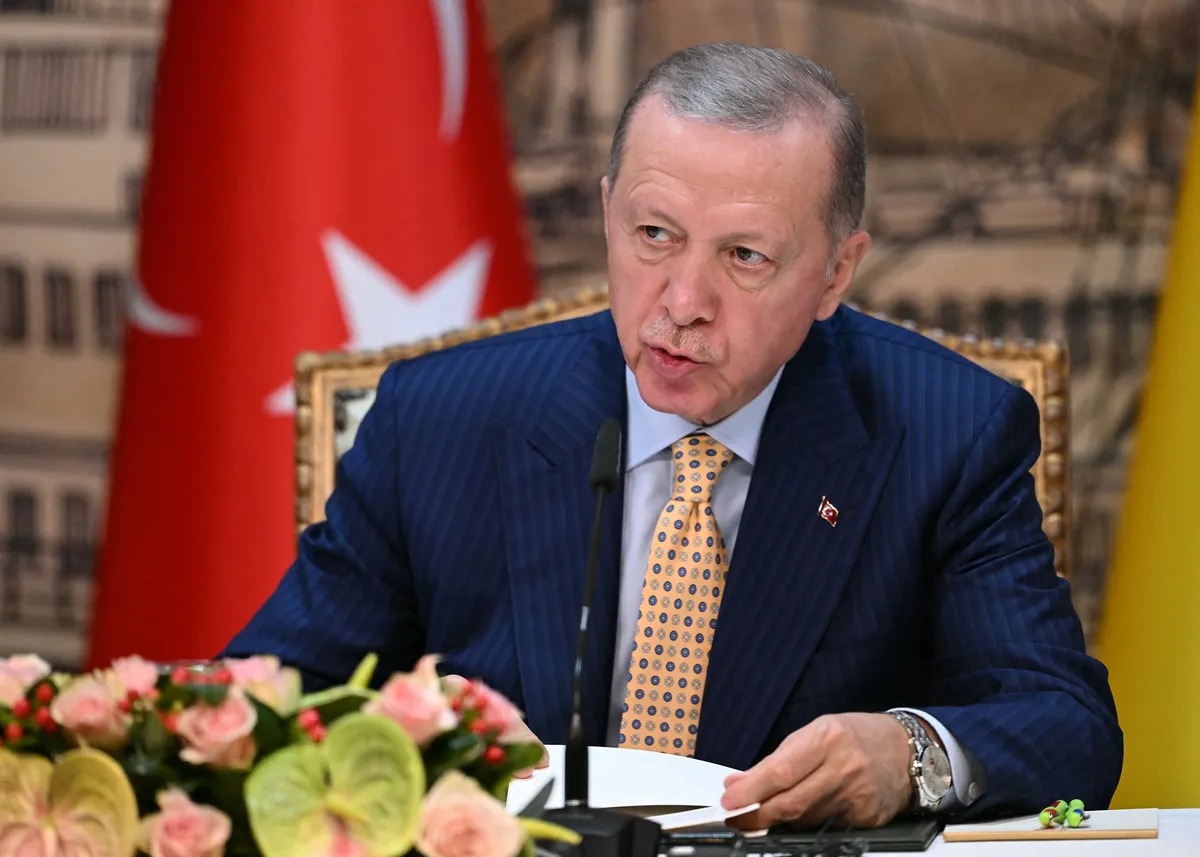
By Business Insider Reporter
In a development that could significantly reshape the energy and geopolitical dynamics of East Africa, Turkey has struck commercially viable crude oil reserves in Somalia, with estimates placing the find at a staggering 20 billion barrels.
The breakthrough, announced this week, underscores Turkey’s deepening footprint on the continent and marks a pivotal moment in Somalia’s long-stalled aspirations to become an oil-producing nation.
The discovery stems from Turkey’s operations in three offshore oil blocks along Somalia’s coast.
Two of the blocks have already yielded viable reserves, while the third is expected to produce results by next August, according to Somali and Turkish officials.
If projections hold, this could place Somalia among Africa’s leading oil-rich states – albeit under the shadow of an intensely controversial deal.
A lucrative, lopsided deal
The deal at the heart of this discovery was signed on March 7, 2024, in Istanbul between Turkey’s Energy Minister, Alparslan Bayraktar, and Somalia’s Petroleum Minister, Abdirizak Omar Mohamed.
While it is hailed by both governments as a landmark in bilateral cooperation, the terms of the agreement have sparked widespread debate and criticism.
Under the agreement, Turkey secures a 90% stake in the oil and gas output from the blocks it operates – a share far above international norms. Turkish firms are also exempt from customary fees such as signature bonuses and administrative costs.
Additionally, Turkey is entitled to recover nearly all production costs – up to 90% – as “cost petroleum” before any revenue sharing occurs. Somalia’s share is further diminished by a 5% royalty cap that excludes oil used or reinjected during operations.
Critically, Turkey can export its share of the hydrocarbons at global market rates and keep all earnings abroad, limiting Somalia’s control over both production logistics and financial flows.
Moreover, the deal grants Turkey the ability to transfer its rights to third parties without Somali oversight or even the need to maintain a physical presence in the country.
This sweeping control has raised concerns among civil society groups, economists and policy analysts in the region.
“While it’s a breakthrough for Somalia to finally tap into its energy potential, the structure of the deal risks mortgaging future revenues. Somalia could end up watching its wealth leave through the backdoor,” noted one regional analyst.
Strategic and symbolic stakes
Somalia’s location on the Horn of Africa, bordering key international shipping routes, makes it a highly strategic energy hub.
Estimates suggest the country may hold up to 30 billion barrels of offshore oil and 6 billion cubic meters of natural gas.
Yet these riches have remained largely untapped due to decades of civil war, institutional collapse and insecurity.
For Turkey, this deal fits squarely into President Recep Tayyip Erdoğan’s broader vision of expanding Ankara’s political and economic influence across Africa.
From military bases in Mogadishu to infrastructure projects in West Africa, Turkey has become a rising player on the continent – and now it seeks to anchor its energy future there as well.
Somalia’s defense
In the face of mounting backlash, Somali President, Hassan Sheikh Mohamud, has strongly defended the agreement. Speaking from Mogadishu, he characterised the deal as a necessary first step in realising the country’s untapped economic potential.
“Oil exploration is already happening offshore,” he said. “Now, with this deal, exploration will begin along Somalia’s coastal areas. This is not about favoring Turkey – it’s about rewarding commitment. Turkey was the first to show real willingness to invest.”
President Mohamud also emphasised the long-term nature of the development.
“Exploration takes three to five years before production can begin. This agreement jumpstarts that process,” he noted.
He added that Somalia’s difficult history with international oil firms, many of which fled after 1991, justifies a new approach anchored in strategic partnerships – even if the initial terms seem unfavorable.
Implications for the region
The announcement reverberates beyond Somalia. For neighboring East African nations like Tanzania, Kenya and Uganda – all of which are pursuing their own oil and gas agendas – the Turkish-Somali deal presents both opportunities and cautionary lessons.
For Tanzania, which boasts significant offshore gas reserves and is nurturing ambitions for LNG development and pipeline export infrastructure, the situation in Somalia highlights the delicate balance between attracting foreign capital and safeguarding national interests.
The Somali-Turkish arrangement may prompt Tanzanian policymakers to revisit contract transparency, local content policies and production-sharing agreements.
It also places East Africa firmly on the radar of global energy investors who are increasingly looking to frontier markets as traditional reserves dwindle.
New chapter, with caveats
There’s no doubt that the discovery of 20 billion barrels of oil is monumental – not only for Turkey and Somalia, but for the entire Horn of Africa.
Yet, the nature of the deal raises fundamental questions about resource sovereignty, equitable growth, and economic justice in post-conflict states.
As Somalia embarks on what could be a transformative energy journey, the world will be watching closely: Will this be a case of development finally delivered, or a cautionary tale of wealth without returns?










